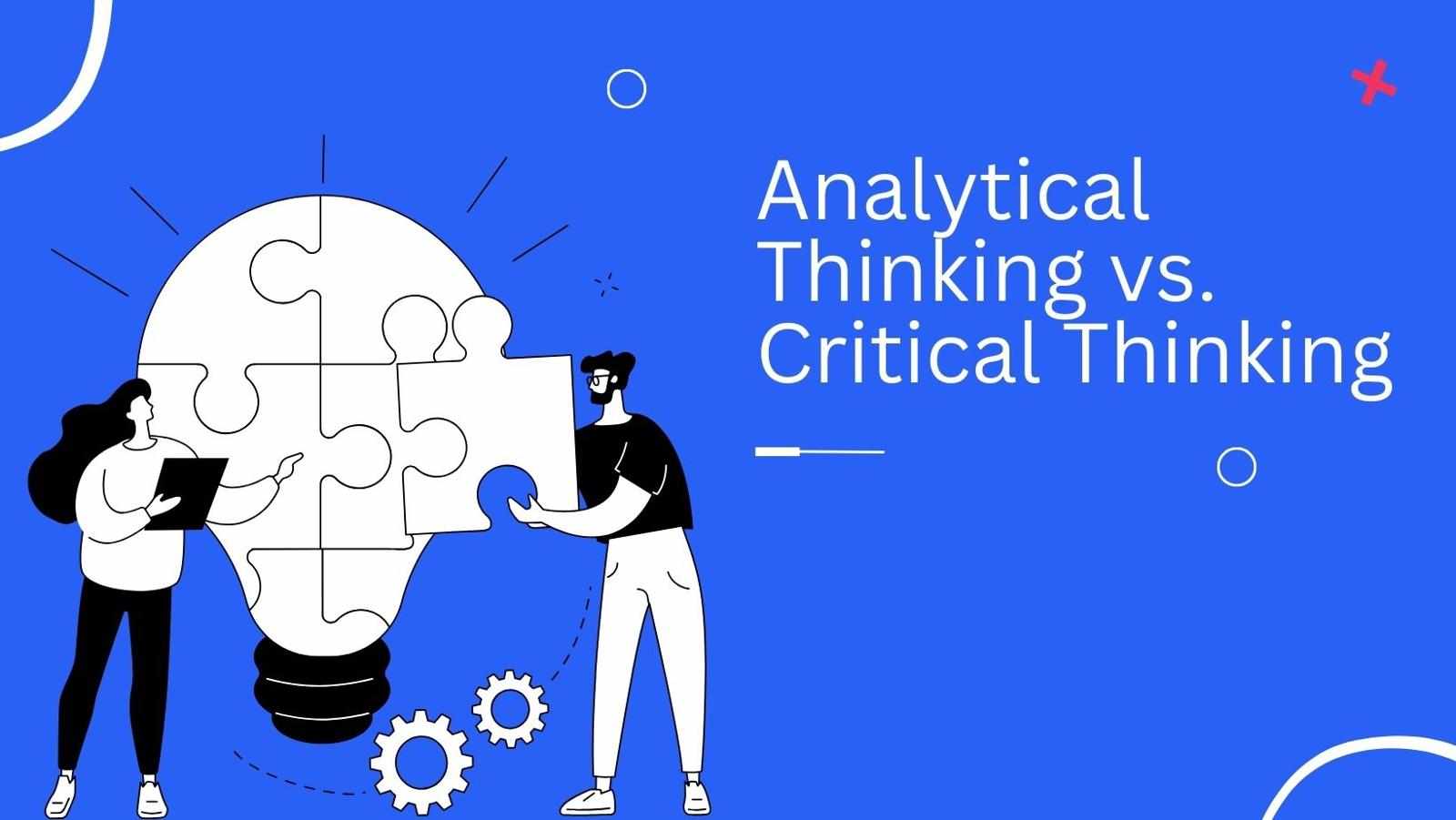
In today’s data-driven world, data science has become one of the most promising career paths. However, finding a job-oriented data science course can be challenging with so many learning options. Not all courses are created with practical career outcomes in mind. So, how do you spot one that truly prepares you for the job market? This guide will walk you through key indicators to look for.
What Makes a Data Science Course "Job-Oriented"?
A job-oriented course is one that focuses not just on academic knowledge but also on real-world skills that are in demand by employers. Such courses aim to bridge the gap between what is taught in traditional education and what is required in actual job roles.
1. Curriculum Aligned with Industry Needs
The first and most critical factor is the course content. A good program should include:
Data wrangling and exploration
Statistical analysis and hypothesis testing
Machine learning techniques
Deep learning and AI fundamentals
Tools like Python, R, SQL, Tableau, and Power BI
Cloud platforms like AWS or Azure
You should also look for the inclusion of capstone projects and case studies derived from real industry challenges.
2. Hands-on Learning and Projects
Theory alone isn’t enough. Practical application is where true learning happens. Make sure the course provides:
Assignments based on real datasets
Projects that simulate industry scenarios
Opportunities to build a strong portfolio
This experience will make you job-ready and confident in solving real data problems.
3. Experienced Instructors from the Field
A course becomes significantly more valuable when it is taught by professionals with real-world experience. Their insights can help you understand how the tools and techniques are applied in various industries.
4. Placement Assistance and Career Support
One of the hallmarks of a job-oriented course is the kind of career support it offers. Look for features such as:
Resume building workshops
Mock interviews with data science professionals
Access to job boards and placement drives
One-on-one mentorship and guidance
Courses that provide these services are genuinely invested in your career growth.
5. Alumni Success Stories and Reviews
Before enrolling, dig into the experiences of past students. Alumni testimonials, LinkedIn success stories, and genuine course reviews can offer valuable insights into whether the program leads to tangible job opportunities.
6. Accessibility and Local Relevance
With the rise in demand for data professionals across India, many cities are seeing a surge in training options. Whether you’re looking for flexible learning formats or regionally relevant content, you’ll find that data science classes in Noida, Delhi, Gurgaon, Pune and other parts of India are increasingly tailoring their offerings to meet local job market demands — making it easier for aspirants to access quality education close to home or even online.
7. Certifications That Matter
While certifications aren't everything, they do add credibility to your resume. Look for courses that offer recognized certificates, preferably co-branded with universities or industry leaders, or that prepare you for globally acknowledged exams.
Conclusion
Choosing the right data science course is a critical step in your career journey. Prioritize programs that not only teach you technical skills but also focus on employability, practical exposure, and job readiness. When you evaluate courses based on these factors, you’ll be more likely to land in a role that aligns with your career goals — and helps you thrive in the ever-evolving data landscape.




















Write a comment ...